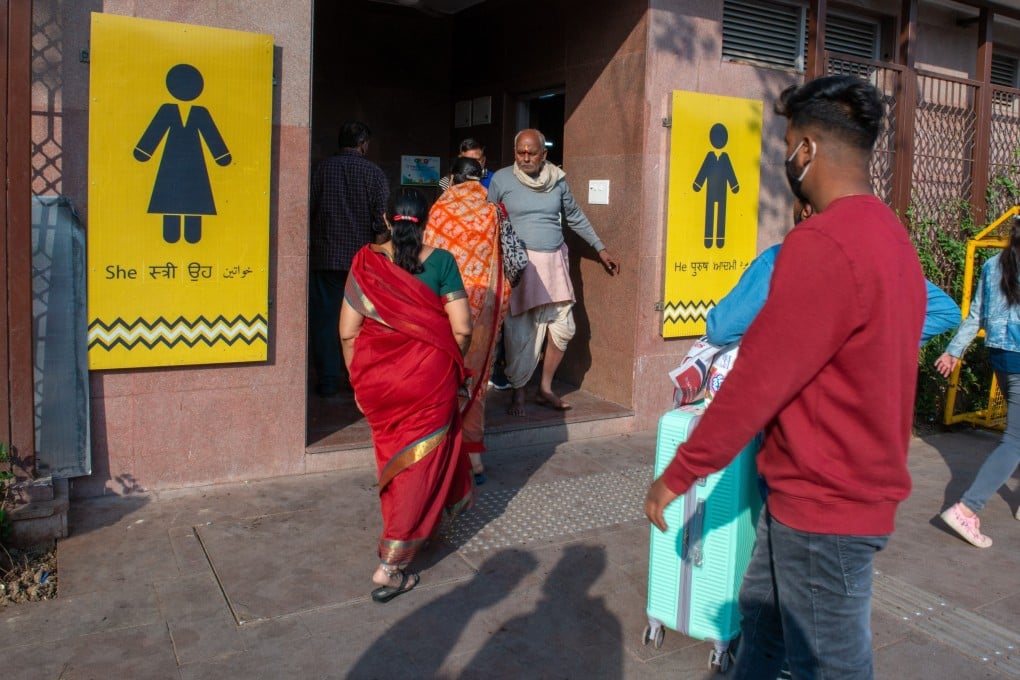Advertisement
In India, using a public toilet is a ‘traumatic experience’ for trans people
- India’s Supreme Court ruled in 2014 that trans people should be recognised as the ‘third gender’ but prejudice and social marginalisation persists
- The toilet issue is compounded in India by a lack of bathroom facilities in homes, many of which do not have their own toilet
Reading Time:3 minutes
Why you can trust SCMP
0

Like many transgender Indians, 32-year-old social worker Leela thinks twice before using a public toilet. After facing insults and hostility in the past, she often opts to put up with the discomfort until she gets home.
“Using a public toilet is perhaps the easiest thing for a non-LGBTQ person. But for a trans woman like me, it can be … a traumatic experience,” Leela said in the capital, New Delhi, asking to use only her first name.
She recalled an incident several years ago when she was forced to leave a women’s toilet after other women objected to her presence.
“Since then, I realised I have no other option but to hold my pee,” she said.
Repeatedly holding in urine for long periods of time can cause abdominal pain and increase the risk of urinary infections.
Advertisement